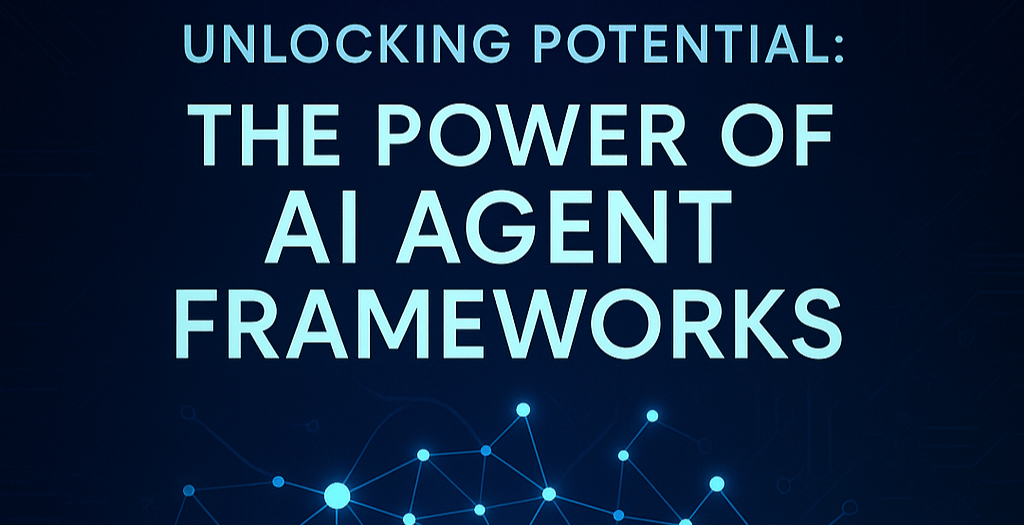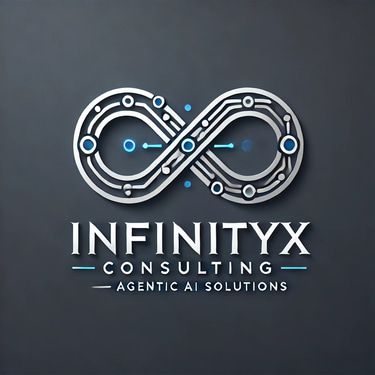Unlocking Potential: The Power of AI Agent Frameworks
Blog post description.
Shahab Najmi
4/15/20251 min read


In the rapidly evolving landscape of artificial intelligence, the concept of AI agents is gaining significant traction. These intelligent digital entities can perform a myriad of tasks autonomously, ranging from data analysis to customer interaction. However, the complexity of deploying these agents lies in their frameworks—the foundational structures that define how these agents operate, communicate, and learn. AI agent frameworks not only enhance the efficiency of operations but also offer businesses a strategic advantage in an increasingly competitive environment.
Understanding AI agent frameworks is crucial for professionals wanting to harness the full potential of AI in their organizations. An AI agent framework encompasses the architecture, protocols, and tools necessary to develop and implement AI agents. By leveraging these frameworks, organizations can streamline processes, reduce human error, and create scalable solutions that significantly improve productivity. In this article, we will explore the value of AI agent frameworks and highlight several tools that professionals can utilize to maximize their implementation efforts.
Several AI-based tools are currently transforming how firms engage with AI agent frameworks. One standout is Google Dialogflow, which offers a robust platform for building conversational agents. Dialogflow's natural language processing capabilities allow for seamless interaction between users and AI, facilitating immediate customer support without the need for human intervention. Similarly, Rasa provides an open-source framework that enables developers to create context-aware conversational agents, giving them the flexibility to customize their interactions based on user behavior. Another notable tool is Microsoft Bot Framework, which simplifies the process of developing and deploying chatbots across multiple channels while integrating with Azure's cloud services. Each of these tools enhances workflows far beyond traditional methods, equipping organizations with the agility and responsiveness required in today’s digital climate.
Have you implemented any of these frameworks for your AI agent projects. If so please share your thoughts and experiences in the comments below. Are you currently exploring the integration of AI agents in your organization? What challenges have you faced, and what tools have you found most useful? I would love to hear about your experiences. Thank you.
Shahab Najmi 📩 Contact me: shahab@infinityxconsulting.com

